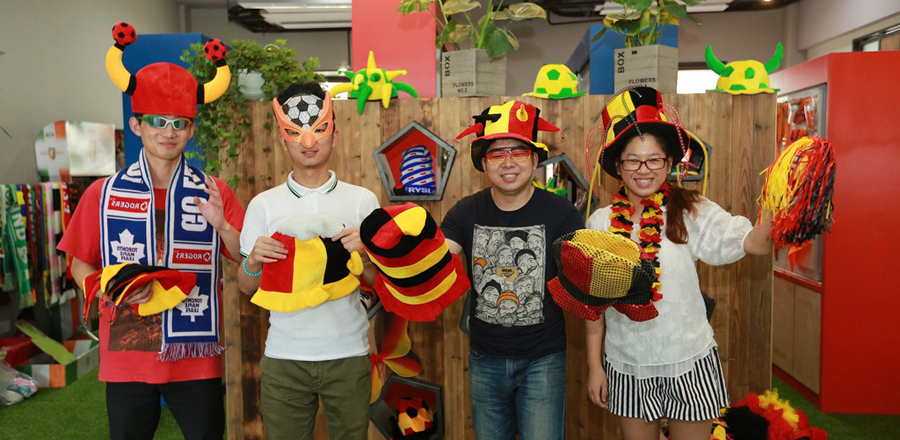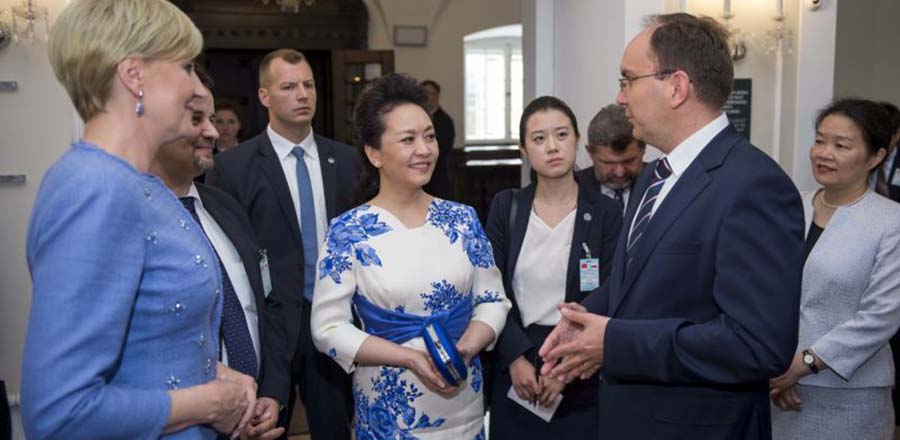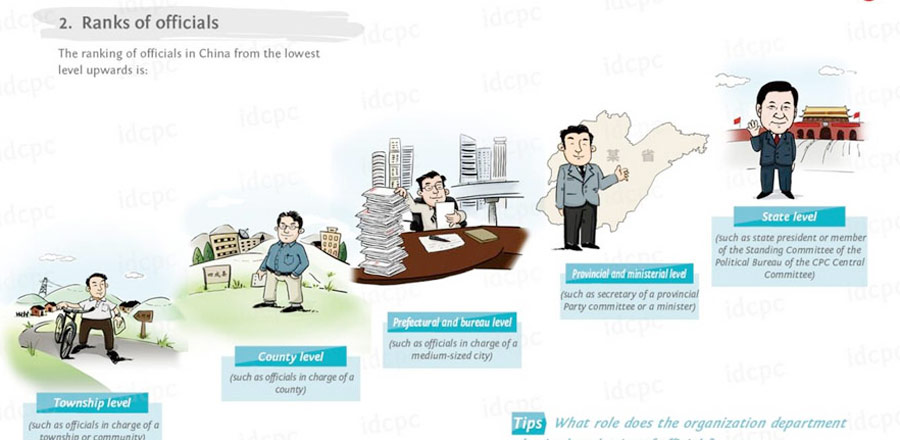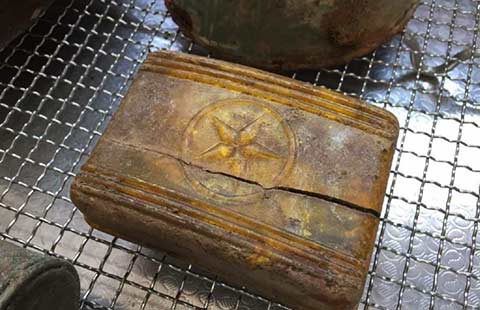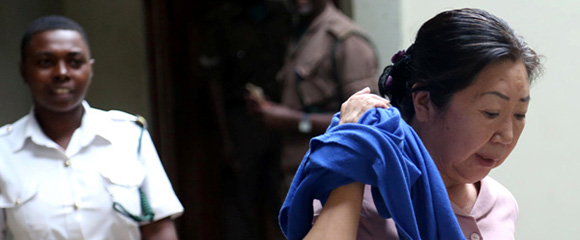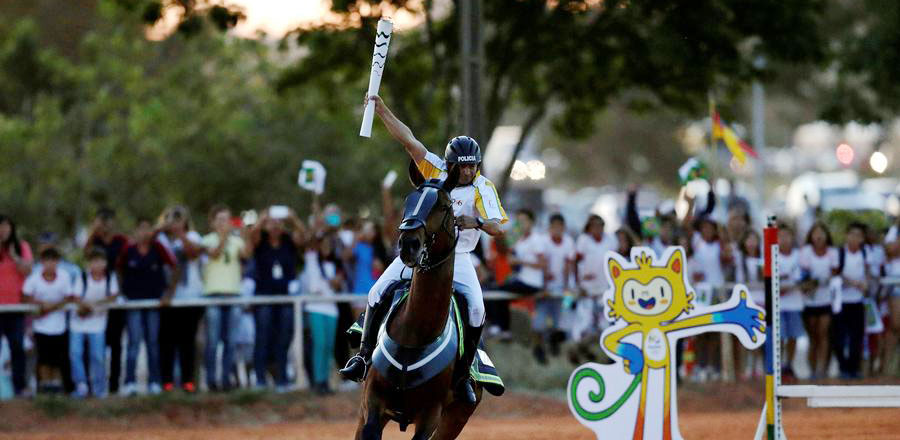
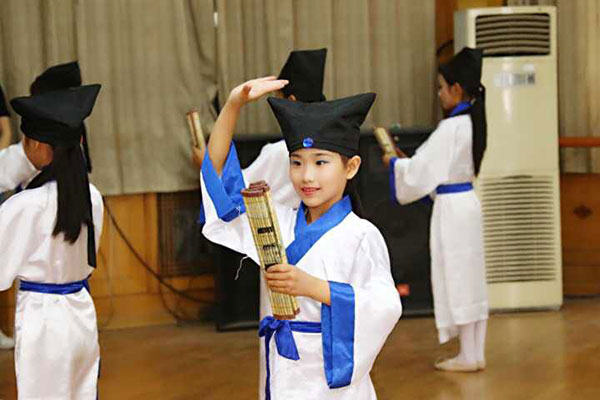 |
|
Students attend the rehearsal of a ritual dance in a class featuring ancient art at Shizhuang Junior Middle School in Shandong province. Wang Zhanbo / For China Daily |
"The class offers me a place to practice calligraphy with free tools and ink," she said.
"In addition, I can learn the stories of the ancient calligraphers, which helps me form the right views on life."
Wang goes to Shizhuang Junior Middle School in Houshi village, Shandong province, a place near Qufu, best known as the hometown of the renowned educator and philosopher Confucius.
Yan Xiaoli, Wang's mother, said that without the classes her daughter would be unable to practice calligraphy in their village.
"The most important thing is that my daughter grows up with a positive attitude and is optimistic about her future," Yan said.
The class Wang takes is one of the 20 the Shizhuang school arranges for students based on the six arts of ancient China - rites, music, archery, chariot riding, calligraphy and mathematics, which formed the basis of education in ancient Chinese culture.
The 20 classes include ones on social practice, dance, painting, drama, singing, computer technology and science.
"We create new courses based on the ancient arts to let our students fit in with modern society," said Zhang Lei, head master at Shizhuang school.
"We don't use horses for transport now, so we have created handicraft classes and security education classes under the ancient art of chariot riding.
"By taking these special classes, students, especially those who can't get good scores, can develop their confidence as they can choose the special classes according to their interests."
Primary and middle schools across China have been encouraged to explore new ways to cultivate students' moral character by integrating moral education into school courses.
Shandong province issued a guideline on enhancing moral education in April, encouraging primary and middle schools to explore moral elements in all of the 14 standard courses taught in schools, including Chinese, English and mathematics.
Teachers are also encouraged to play a greater role in cultivating students' morals through an appraisal system.
"The year-end appraisal for teachers will contain teachers' performance on both teaching courses and developing students' morality," said Zhang Zhiyong, deputy head of Shandong Provincial Education Department.
Jiangsu province, meanwhile, aims to develop a strong foundation of comprehensive morality-related teaching with classic courses in Confucianism, for example.
China has revised its primary and secondary school textbooks to include more about ancient poetry and traditional culture, according to the Ministry of Education's Language and Culture Press.
The aim of the revision is to enhance the textbooks' role in cultivating students' moral character, said Wang Xuming, president of the press, last week. The updated textbooks are scheduled to reach students by the autumn.
zhaoruixue@chinadaily.com.cn






